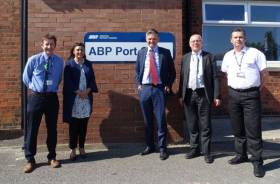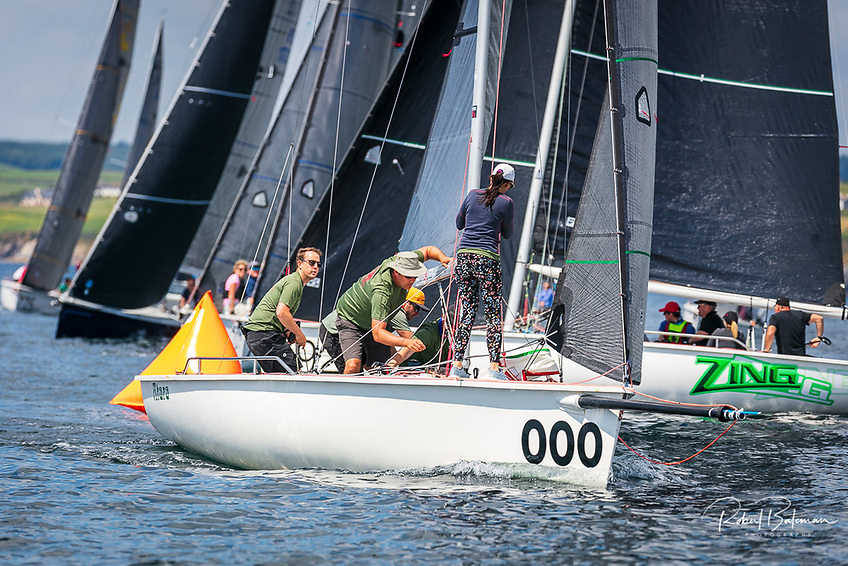Displaying items by tag: Irish Sea Ports
Irish Sea Port of Barrow Visited By UK Shipping Minister
At the Irish Sea Port of Barrow the UK Shipping Minister was welcomed at the Cumbrian port for an informative tour to showcase its operations and facilities.
The visit hosted by Associated British Ports (ABP) Divisional Port Manager - North West, Carl Bevan, saw Shipping Minister Nusrat Ghani MP was given a comprehensive tour of the port. This focused on the port’s strategic importance and relationships with key customers including BAE Systems, International Nuclear Services and Orsted.
An ambitious Master Plan was also discussed with particular emphasis on potential future energy projects and the need to improve local road and rail infrastructure
The Maritime Minister said: “Ports are crucial to the success of the UK’s economy, handling more than 95 per cent of UK trade. Barrow Port is a key example, supporting hundreds of jobs across the UK and significantly contributing to the country’s economy.
“The Government’s Maritime 2050 strategy sets out a promising future for this sector and Barrow Port’s Master Plan is an exciting demonstration of expansion and taking advantage of opportunities to create new jobs.”
The Port of Barrow plays a vital role at the heart of the Cumbrian economy, serving the growing renewable energy sector and local advanced manufacturing. By facilitating trade and supporting industry the port supports 1,700 jobs across the UK, including 800 in the town of Barrow, and contributes £107 million to the UK economy. ABP’s Master Plan for the port anticipates a bright future for the port which could see substantial growth in the next decade.
The port's CEO added: 'We were delighted to welcome the Shipping Minister to our port and discuss the vital trade links it provides to the Cumbrian region.
“Showcasing the breadth of ABP colleagues' involvement in initiatives to support the local community such as educational school visits, beach cleans and Barrow's 150th anniversary in 2017, was also important.”





























































